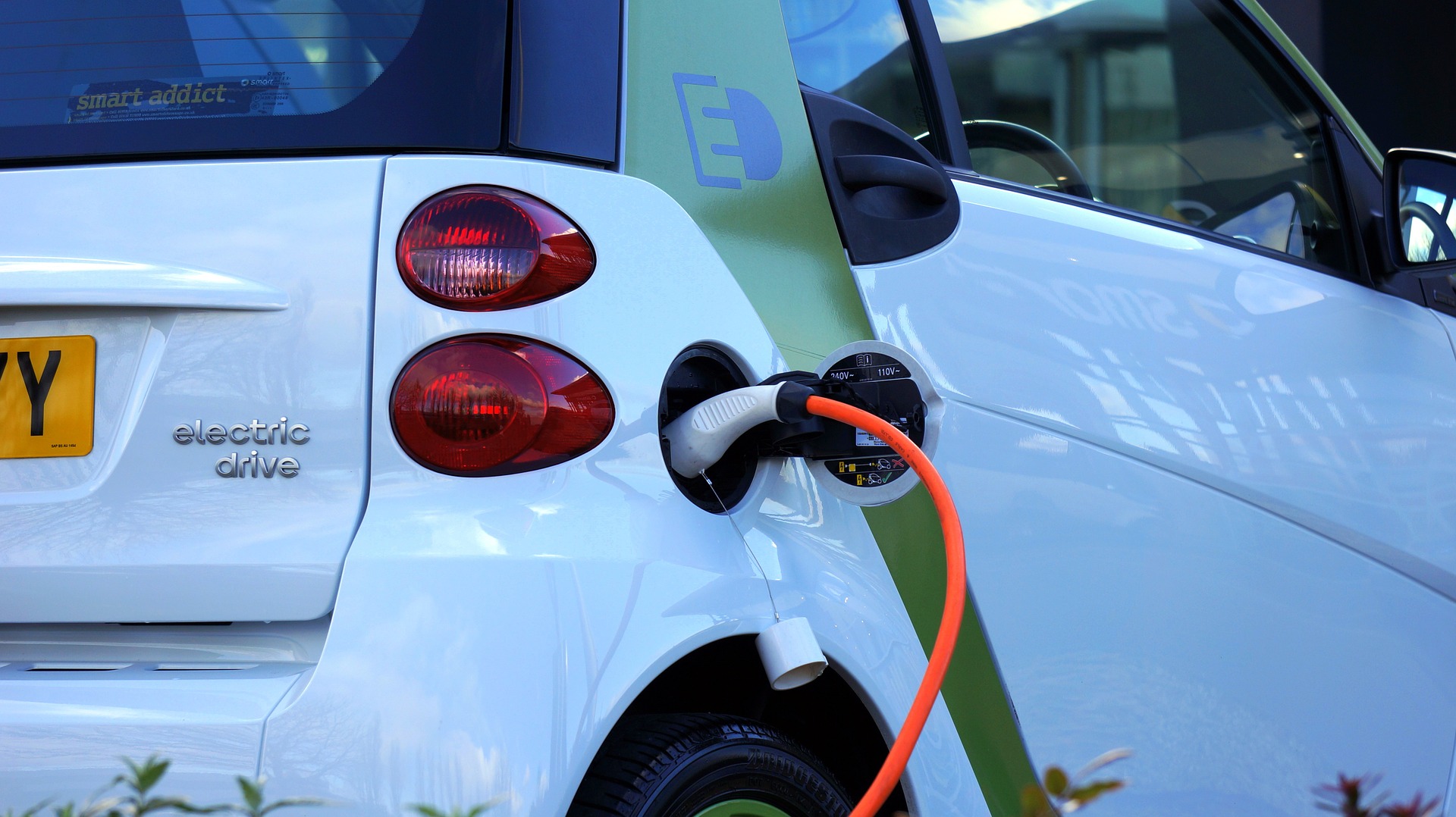Interest in electric cars is increasing as the price of fuel skyrockets, BUT it can take more than 310,000 miles of electric propulsion motoring to make it as cost-effective as buying and driving a conventional internal combustion engined vehicle…
Forbes Advisor (https://www.forbes.com/uk/advisor/) tells us…
- Interest in electric vehicles more than doubled (+113%) during the first two weeks of June.
- In the same period, the cost to fill an average family car also hit a record £100.
- Anyone looking to save money with a switch to an electric car would need to drive more than 314,650 miles before the cost of buying and running an EV becomes cheaper than a petrol car.
- There are easier ways to cut the cost of motoring that drivers can implement for free, right now.
Motoring analysts at Forbes Advisor, the price comparison and financial guidance platform, have found that interest in electric vehicles (EVs) among Brits has more than doubled since the beginning of June. (According to an analysis of Google Trends data for ‘electric car’, search volume increased by up to 113% between 1 June and 14 June 2022).
This spike in searches for electric cars comes as the cost of filling an average family car with fuel tops £100 for the first time.
Analysis by Carbon Brief showed that the cost to fill an average family car with 55 litres of petrol is £100, while it would cost £37 to charge an electric car to drive the same distance (470.38 miles), which of course represents a saving in ‘fuel’ costs – 21 pence per mile for the petrol powered car, against 8 pence per mile for the electric equivalent.
However, those hoping that a switch to an electric car will ease the cost of motoring are being encouraged to consider the total cost of EV-ownership, and to explore alternative ways to quickly – and cheaply – cut the cost of running their vehicle.
Spending to save?The average purchase price of an electric car is £51,924, while for internal combustion engine (ICE) cars this figure is £26,752, meaning that buying an EV can be almost twice as expensive even before any other costs – insurance, MOT, servicing etc – are factored in. In addition the government has just announced it is withdrawing the £1,500 plug-in grant offered to buyers of new EVs. Even when comparing models from the same manufacturer, the difference in the initial cost is stark. For example, a brand new Vauxhall Corsa with a petrol engine – the UK’s most popular car – starts at £17,340 whereas the Corsa-e starts at £27,0555. The difference in purchase price between an average internal combustion engine car and an electric car is £25,172. Average electric car purchase price = £51,924, average petrol car purchase price = £26,752. It would cost £25,172 (the difference between these two figures) to travel 314,650 miles in an electric car (314,650 miles x £0.08 = £25,172) based on the fuel and electricity costs used by Carbon Brief. This means that a new EV driver could need to drive more than 314,650 miles before they recoup the difference in purchase price with the savings they’d make from charging rather than filling their car. While other running costs, like servicing, can be cheaper for EVs, Forbes Advisor also found that car insurance can cost more for electric cars. In one example, the cheapest annual comprehensive insurance policy for a brand new Vauxhall Corsa with a 1.2 petrol engine was £243.43, while for the electric equivalent, a Vauxhall Corsa-e, the cheapest price was £334.71 – a difference of £91.28. For the same driver, the UK’s most popular EV – the Tesla Model 3 – would cost £579.63 to insure for a year, which is nearly two and a half times more than the petrol engine Corsa. How to cut the cost of car ownershipSpending money will very rarely result in immediate or even near-term savings. But drivers who want to cut the cost of motoring can save hundreds of pounds with these easy – and free – steps from Forbes Advisor:
Laura Howard, motoring expert at Forbes Advisor, commented: “We’re deep in a cost of living crisis, and paying £100 to fill up the tank with petrol or diesel is beyond affordable for many families already struggling with energy bills and rampant inflation. Very few drivers will see the pump price indicator race towards three figures with anything other than dread and dismay. Those fortunate enough to have the money for a new car might consider an EV on the basis of its relatively low running costs. But they should remember that the purchase price premium means they won’t earn back the higher cost for a long time. So anyone looking for immediate savings to ease the stress on their wallet should look for other ways to cut the cost of motoring, from shopping around for a better insurance deal to ditching the heavy roof-rack.” |
About Forbes Advisor
Forbes Advisor advises… that they are one of the most trusted destinations for unbiased personal finance guidance, reviews, and price comparisons, dedicated to helping consumers make smart financial decisions and select the right financial products with ease. https://www.forbes.com/uk/advisor/
